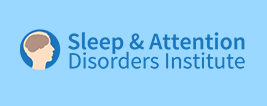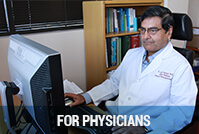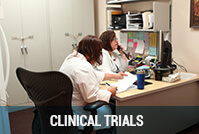Sleep Apnea Clinical Trials Using Medicines
OR Obstructive Sleep Apnea (OSA) can make you tired and sleepy during the day. It can also cause high blood pressure, atrial fibrillation, heart attacks, strokes and even sudden death. The best treatment is Continuous Positive Airway Pressure (CPAP). It pumps air into the throat, and keeps the throat open, so you can breathe normally.…









